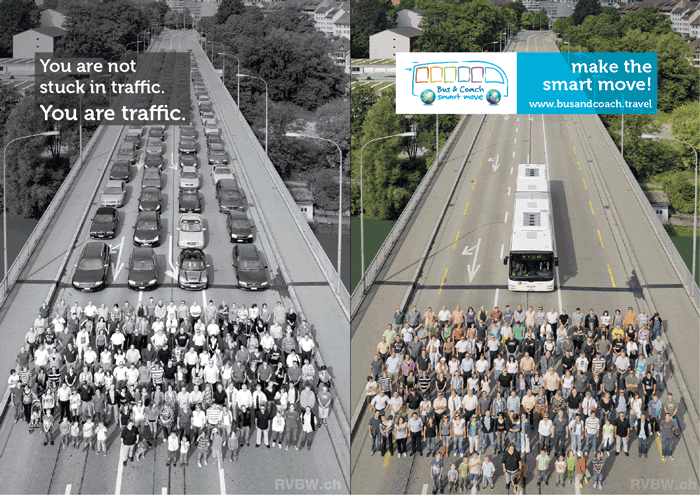This is yet again one of those posts that shouldn’t need to be written, yet apparently must be. It comes on the heels of debates in Ottawa about reducing or freezing transit fares because of the chaos surrounding the oft-delayed opening of light rail transit.
The argument, as usual, is that transit is an expense and that you have to charge money for it. Here’s mayor Jim Watson: everyone wants more buses and better service, but “We don’t get it by reducing the fare box (revenue) by $29 million. “It was absolutely one of the most ridiculous motions I’ve ever seen.”
Was it really that ridiculous? Transportation in the city is in a gridlock because Ottawa Transit cut back on staff and realigned routes before light rail open – and then light rail never opened. People find their routes delayed, or canceled, and are unable to make their trips. On top of all that, there have been several accidents recently, including one that killed and maimed a number of people.
We could spend the rest of this post talking about how transit in the city has been mismanaged, how it was unwise to gamble on a new type of train that has never been used anywhere else, about why Ottawa is staying with SNC Lavalin (previously discussed in these pages regarding allegations of corruption), and about shoddy construction practices.
But let’s talk about gridlock. The kind of traffic created when you try to squeeze too many cars into too few roads. The kind of traffic that has become the norm in Ottawa’s downtown and is a daily occurrence on is bridges and highways. The kind of gridlock the city is making a special effort to ease – albeit unsuccessfully.
Ottawa needs its roads, and it pays a lot for them. It’s hard to tell looking at the budget, because roads expenses are spread out all over the place, but the city spends hundreds of millions of dollars every year on roads.
There’s $340 million for infrastructure renewal, including:
- $49 million to resurface and upgrade roads
- $42.7 million to upgrade rural infrastructure (ie., roads), including $12 million to repair and replace culverts in rural areas
- $20.4 million to renew City bridges
- $9 million for the pothole and minor asphalt base budget
There’s also a winter operations budget of $70.8 million to clear the network of roadways, sidewalks, pathways and parking lots. A good proportion of the $345 million police budget is devoted to traffic control. And an annual $192 million on transportation costs, and $331 million on ‘capital formation costs’. All together, it’s a significant chunk of the city’s $3.6 billion operating and 767 million capital budgets for 2019.
And none of this includes what the National Capital Commission, the provincial government, and the Federal government pays to support our roads infrastructure.
Compared to that, refunding $29 million to people who paid for a transit system that doesn’t work doesn’t seem extreme. Your monthly bus pass should work every day of the month; if you have to take taxis or Lyft to get to work because the buses aren’t running, you should be paying less for your pass.
Yes, it costs money to operate a transit system. Yes, you can raise some of that money by charging fares. But the more you spend on transit (mismanagement and corruption notwithstanding) and the less you charge in fares, the more you save in other areas.
Even more to the point, though, an efficient transit system confers reliability. People can travel to and from downtown without worrying that they’ll be trapped for two hours on Queen Street (or charge surge pricing by Uber). People can travel to major events without worrying about circling around and around looking for parking (this is why we take transit to every football game at TD Place). The city works.
And – needless to say – transit is green. Sure, it’s not perfect – it would be nice if all the buses were electric, for example. But buses and light rail produce a fraction of the pollutants produced by cars and trucks.
Finding $29 million to reduce transit fares would have sent the right message. It would have told riders that their concerns have been heard. And that the city considers transit a priority, not just an expensive service it has to provide to poor people.
